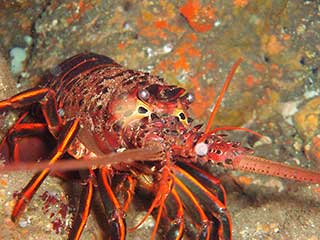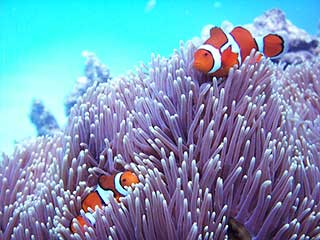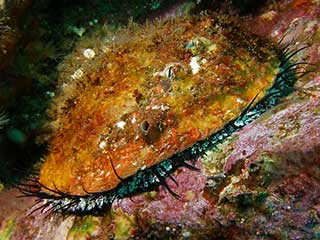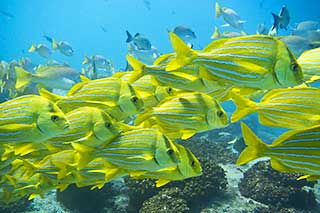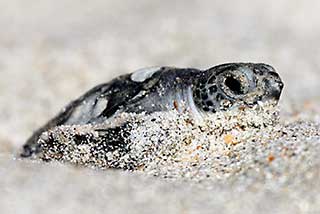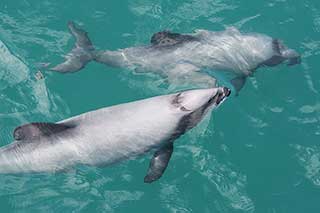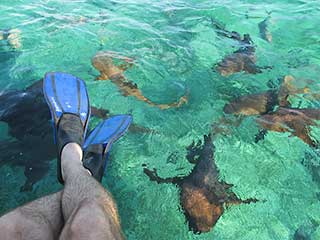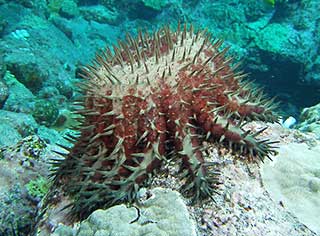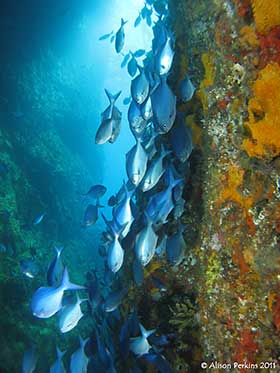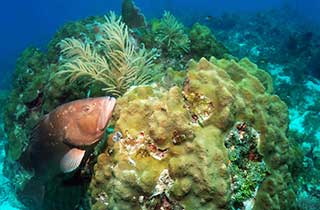California Spiny Lobster – Keeping an Ecosystem in Check
In a recent study from the Channel Islands, where marine protected areas have been in place for 10 years, researchers found larger and more abundant lobsters inside protected areas compared to nearby fished areas. In addition, researchers tagged lobsters inside the protected areas, and tracked their movement to outside the reserves in areas open to fishing, indicating a potential benefit to local fisheries....



